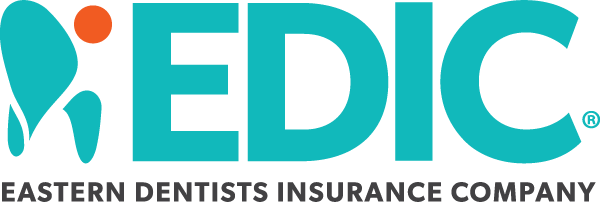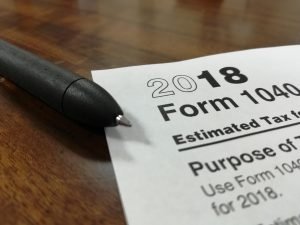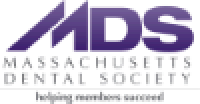April 18th was not just another tax Tuesday. It was the first tax day that I was not getting a tax refund. Instead, I had to pay taxes. It was a sobering day, to say the least, as I wrote my checks to the federal and state government. I kept combing through my tax documents certain that this couldn’t be correct, but as the saying goes, “only two things are guaranteed in life, death, and taxes.” Reflecting on this topic, I wondered what I could have done to not only reduce my tax burden but prepare myself better to be prepared to owe taxes in the future. And after talking with some of my colleagues, it seems like I’m not the only new dentist in this situation.
Let’s face it, this first year out has not been easy on my bank account. Whether it was licensure costs, student loan repayment kicking in, or trying to start saving and setting aside for retirement, at the end of the day the last thing on my mind was if I was paying enough into my taxes. Because I associate at different practices (three to be exact), I was paid differently at all three. And because the tax law’s in my state were vague, I ended up being employed as an “employee” at one of my offices, and an “independent contractor” at my other two offices. I had a fairly good idea of what these two designations meant when it came to paying taxes. I sat down early on with a close relative who is an accountant who gave me tips and spreadsheets on how to track everything that was coming in as well as all my business expenses. And while I was saving portions of my paychecks for what I knew I’d owe it taxes, I didn’t save enough.
The good news is, I paid my taxes in full and I’m still able to put a decent meal on the table. But going forward, I am now making a few resolutions so I don’t find myself in the same situation next April.
1) Finding an accountant who works with dentists: This was difficult to do last year. I didn’t have a lot of money to spend on hiring an accountant, so I turned to a relative. And while he did do his best to save me as much on my taxes as possible, there were a few things related to the dental profession that he was unsure of. I have learned that having sound advice from an expert is worth the money. And considering that my taxes will likely become even more convoluted as I move towards buying a practice, finding a good accountant is critical.
2) Better budgeting and saving: If you haven’t come in contact with some sort of financial advisor or planner since starting to practice, then you must be really good at avoiding them. They’re everywhere and they definitely want your business. And that’s not a bad thing. Finding a good financial advisor can help you navigate your personal budgeting as well as budgeting money for retirement, buying a practice, or in this case setting aside money for your taxes.
3) Reducing my tax burden: This will mostly come through the advice of my CPA, but simply talking to my employers could bring about some big changes. At one of my offices, I simply just asked the owner to make me an “employ” instead of an “independent contractor”. This not only resulted in savings for me, but the owner of my practice also had tax benefits from making me an employee.
I believe the key to surviving your first year out of school is to be organized and prepared for the many unknowns.
We have 363 days until the next tax day, so don’t end up like me.
Budgeting wisely and talking to the professionals can pay off. Literally and tax-ally (I made that word up ).


